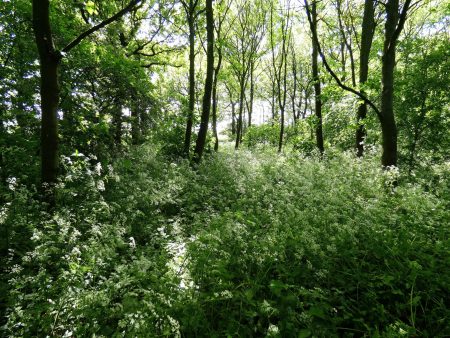NbSI Director BBC interview on UK tree planting
David Shukman, Science Editor at the BBC, spent a few hours in Wytham Woods talking to Nathalie Seddon about the recent surge of public and media interest in tree-planting. The resulting article specifically looks at UK tree planting targets and raises some valid concerns: 1) The workforce for tree planting at the scale envisaged by […] March 18, 2020
David Shukman, Science Editor at the BBC, spent a few hours in Wytham Woods talking to Nathalie Seddon about the recent surge of public and media interest in tree-planting. The resulting article specifically looks at UK tree planting targets and raises some valid concerns: 1) The workforce for tree planting at the scale envisaged by the government does not currently exist; training of many more people would be required. To supply enough saplings, nurseries also need to upscale production, but to do this they need the government to guarantee that they will see their tree planting plans through.
2) Trees need to be nurtured for many years in order to ensure their long-term survival. This means that investors need to be in it for the long-haul.
3) Some trees have to be harvested in order to make space for others to grow and mature; if the harvested trees are burnt or left to rot, the carbon they stored is once again released.
4) Monocultures of just once species of tree are a common approach but are vulnerable to pests, disease and drought. We need to plant mixtures of multiple tree species.
5) Local people must be involved in the process, from initial planning to long-term management. Nathalie Seddon, NbSI director, emphasised the importance of this, drawing on a successful example from Ethiopia where training local people in forest management permitted them to benefit from the forest for years to come, in the form of goods, water provisioning, reduced erosion, and carbon payments. This starkly contrasts with a tree planting project in China which successfully protected towns from dust storms, but resulted in water shortages in villages downstream.
There is ‘a risk of doing more harm than good’ when it comes to tree planting, so careful planning based on scientific evidence and advice is paramount.
Read the BBC article here.
